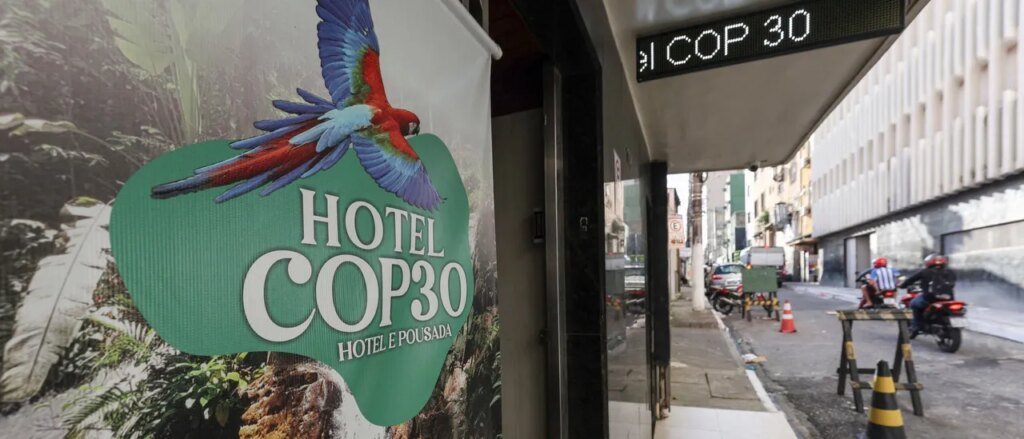Upcoming COP 30 Conference in Belem, Brazil Faces Challenges
This year’s COP 30 conference, set to take place in Belem, Brazil, is already showing signs of difficulties and contradictions, typical of such global gatherings. The event, much like previous ones, is marked by a blend of emergency situations and claims of hypocrisy.
A recent Bloomberg article captured this essence with a striking headline about nations reconsidering their plans for the climate summit because of rising costs. It seems the prices for hotel accommodations have unexpectedly surged, which, honestly, isn’t shocking when you consider the deluge of bureaucrats and their generous budgets that attend these events. Despite attempts from the Brazilian government to regulate costs, the profit motives seem very much alive, right in the heart of the Amazon.
Initially, the article suggested that the burden of these costs primarily falls on developing nations. Delegates from these countries are weighing their attendance, fearing it may hinder their visibility and negotiating power. It’s important for these nations to send larger delegations to secure their interests amid the various climate initiatives discussed.
The article highlights an individual named Richard Mu-yoongi from Tanzania, who mentioned that their delegation usually comprises around 60 to 100 members. It’s a lengthy two-week event, and having backups is crucial to staying in the game, much like a strategic play in football.
Yet, as the piece unfolded, it also noted that some developed countries are similarly scaling back their delegations. A Dutch representative, Sophie Hermans, acknowledged their need to consider costs as well, which does complicate the picture somewhat.
Inevitably, Belem’s local infrastructure is another point of concern, showcasing a level of irony given the conference’s focus on carbon emissions. Strikingly, a significant airport expansion is underway to accommodate the influx of private jets belonging to attendees—certainly a contradiction to the climate goals being discussed.
Brazil’s Aviation Bureau has flagged that this expansion is running behind schedule, which is somewhat surprising given the sweltering Amazon heat this time of year. Who could have predicted that?
Even more glaring, however, is the construction of a new four-lane highway cutting through a CO2-rich rainforest, facilitating transport for high-end cars from the airport to the conference site. This endeavor involves clearing a substantial number of trees, contributing to the very emissions the gathering aims to mitigate. Plus, it’s paved with asphalt, a product derived from oil.
For those puzzled by President Trump’s critical stance during his recent UN Climate Week speech, the current discrepancies unfolding in Belem offer a clear perspective. It’s all interlinked, and perhaps not as complicated as it seems.







